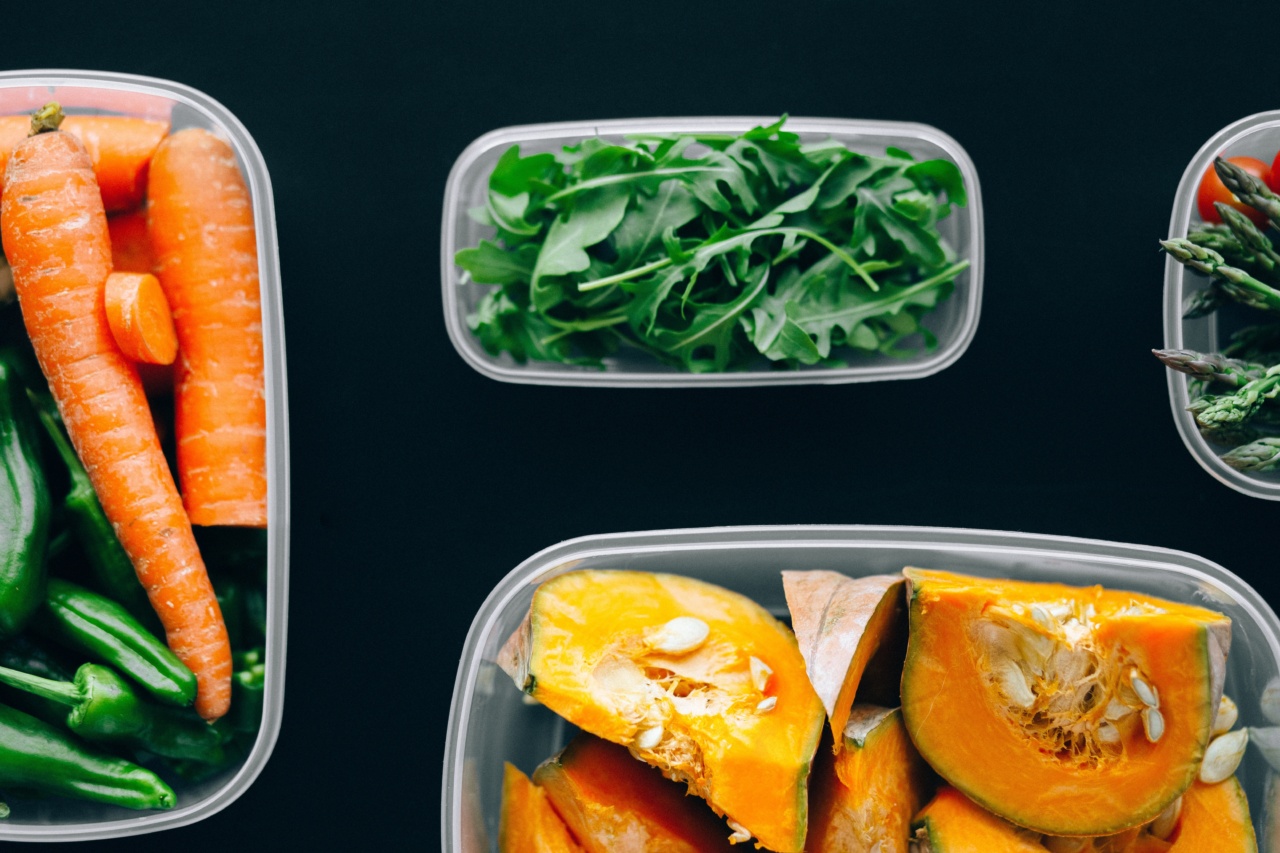There are several foods that are not only delicious but also provide numerous health benefits. In this article, we will take a closer look at the kaleidoscope of nutritious foods that start with the letter ‘K.’.
Kale
Kale is part of the cruciferous vegetable family. It’s considered a superfood due to its high nutrient content. Kale is an excellent source of vitamins C and K. It’s also high in folate, potassium, and fiber.
Adding kale to a diet can help support the immune system and reduce the risk of chronic diseases, including heart disease and cancer. Kale can be cooked in various ways, including sautéed, roasted, and added to soups and salads.
Kiwi Fruit
Kiwi fruit is a small fruit that’s full of flavor, making it a tasty addition to a variety of recipes. It’s a rich source of vitamin C, vitamin K, and fiber.
Kiwi fruit also contains a substance called actinidain, which is a digestive enzyme that can help break down protein and improve digestion. Eating kiwi fruit regularly can help support heart health, boost the immune system, and regulate digestion.
Kefir
Kefir is a probiotic beverage that’s made by fermenting milk with kefir grains. Kefir is a rich source of beneficial bacteria that can help support gut health. It’s also a good source of calcium, protein, and vitamin D.
Drinking kefir regularly can help improve digestion, support the immune system, and reduce inflammation.
Kohlrabi
Kohlrabi is part of the cabbage family. It’s a good source of vitamin C, potassium, and fiber. Kohlrabi is low in calories and carbohydrates, making it an excellent addition to a healthy diet.
Eating kohlrabi can help reduce inflammation and support gut health. Kohlrabi can be eaten raw or cooked. It’s commonly added to salads, used as a substitute for potatoes in soups and stews, or roasted for a tasty side dish.
Kale Chips
Kale chips are a healthy alternative to traditional potato chips. They’re made by roasting kale leaves until they’re crispy. Kale chips are an excellent source of vitamins C and K. They’re also a good source of fiber and antioxidants.
Kale chips make a great snack that can be enjoyed on the go or as a side dish. They’re easy to make and can be seasoned with different flavors to suit individual tastes.
Kelp
Kelp is a seaweed that’s rich in iodine, a nutrient that’s essential to thyroid health. Kelp is also a good source of iron, calcium, and magnesium. Consuming kelp regularly can help regulate thyroid function and support bone health.
Kelp can be added to soups or used as a seasoning for salads and other dishes.
Kidney Beans
Kidney beans are a type of legume that’s high in protein and fiber. They’re also an excellent source of iron and folate. Consuming kidney beans regularly can help lower cholesterol levels, regulate blood sugar, and reduce the risk of heart disease.
Kidney beans can be added to soups and stews or used to make vegetarian burgers and chili.
Kabocha Squash
Kabocha squash is a Japanese pumpkin that’s high in beta-carotene, a nutrient that’s essential for eye health. Kabocha squash is also a good source of vitamin C, potassium, and fiber.
Eating kabocha squash regularly can help support the immune system, promote healthy skin, and regulate digestion. Kabocha squash can be roasted, sautéed, or mashed and used in recipes in place of traditional pumpkin.
Kimchi
Kimchi is a Korean side dish that’s made by fermenting cabbage with spices and seasonings. Kimchi is a rich source of probiotics that can help support gut health. It’s also a good source of vitamins A and C.
Consuming kimchi regularly can help boost the immune system, reduce inflammation, and improve digestion. Kimchi can be eaten as a side dish or added to salads and sandwiches.
Khorasan Wheat
Khorasan wheat is an ancient grain that’s high in protein and nutrients. It’s a good source of fiber, selenium, and magnesium. Khorasan wheat is also low in gluten, making it a great alternative for people with gluten sensitivities.
Consuming khorasan wheat regularly can help promote heart health, regulate digestion, and reduce inflammation. Khorasan wheat can be used in place of traditional flour in recipes for baked goods and pasta dishes.
Conclusion
Adding any of these “Kaleidoscope of Nutritious Foods” into your diet can significantly improve your health and wellbeing.
Whether you choose to add kale to your salad or snack on some homemade kale chips, incorporating these nutrient-dense foods will help support your overall health. Stay healthy, happy, and enjoy these delicious foods.




























